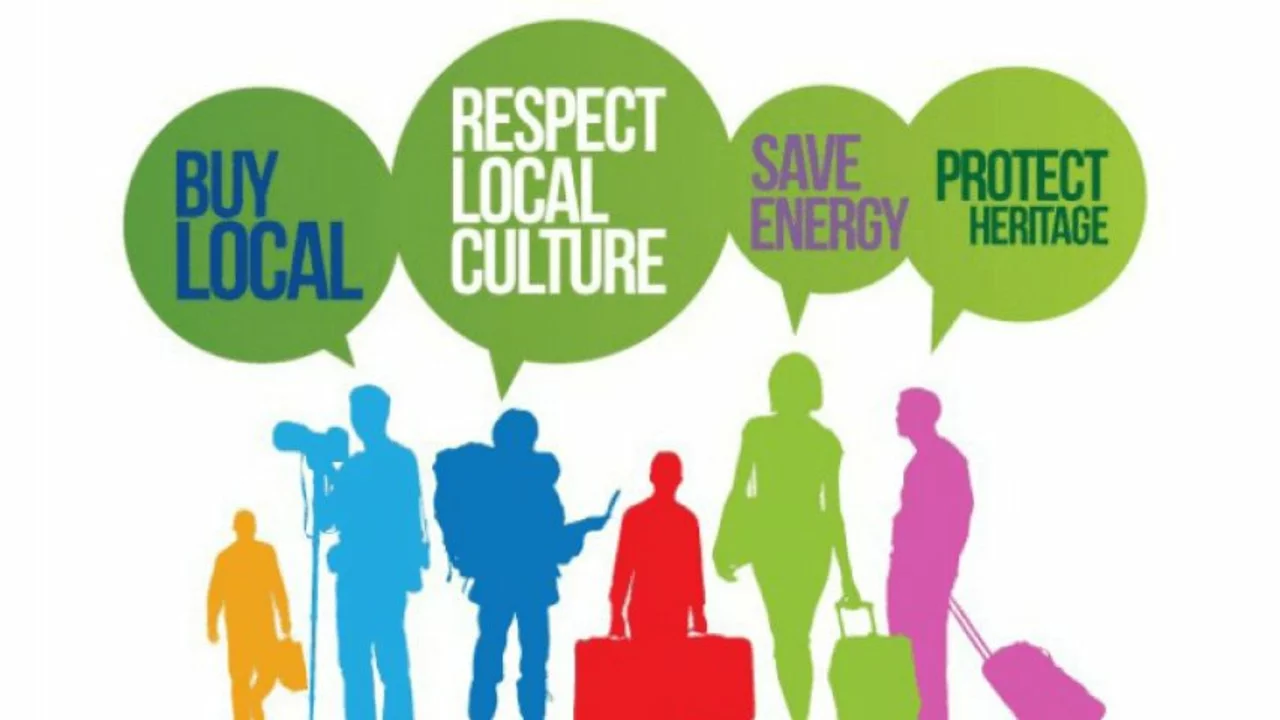Importance of Travel and Tourism: What It Means for You
Ever wonder why every country talks about boosting tourism? It’s not just about souvenir shops and beach resorts. Travel and tourism touch almost every part of a nation’s life – from the jobs you can land after graduation to the lessons you learn on a road trip. Let’s break down the real reasons why tourism is a big deal.
Boosting Jobs and the Economy
First off, tourism is a massive job engine. Think about a typical holiday destination: you have hotels, restaurants, tour guides, transport services, souvenir makers, and event planners. Each of these needs staff, and many of those roles are filled by locals who might otherwise struggle to find work. In India, for example, the tourism sector contributes significantly to the GDP and creates millions of jobs, especially in rural areas where other industries are scarce.
But it’s not just low‑skill work. There are career paths for engineers designing eco‑friendly resorts, marketers promoting hidden gems, and data analysts tracking visitor trends. If you love meeting people and exploring new places, a tourism‑related career lets you turn that passion into a paycheck.
When tourists spend money on accommodation, food, and activities, that cash circulates through the local economy. Small businesses get a boost, tax revenues rise, and governments can invest more in infrastructure like roads, schools, and hospitals. In short, a thriving tourism scene can lift entire communities out of poverty.
Education, Culture, and Sustainable Growth
Travel isn’t just about spending; it’s a classroom without walls. Visitors learn about history, language, and customs just by walking through a market or listening to a local storyteller. At the same time, locals get exposed to new ideas and technologies that tourists bring with them, which can spark improvements in education and public services.
Tourism also encourages cultural preservation. When a historic temple or traditional dance becomes a draw for travelers, the community has a real incentive to keep those traditions alive. That sense of pride can lead to better maintenance of cultural sites and more funding for arts programs.
Of course, unchecked tourism can hurt the environment and local ways of life. That’s why many destinations are now focusing on sustainable tourism – limiting visitor numbers, promoting off‑season travel, and investing in green infrastructure. Sustainable practices make sure the benefits of tourism last for future generations, not just the next holiday season.
So, whether you’re looking for a job, a learning experience, or a way to support your hometown, understanding the importance of travel and tourism is key. It’s more than a leisure activity; it’s an engine for jobs, education, cultural exchange, and sustainable development. Next time you book a trip or think about a career move, remember the ripple effect your choice can create.
What is the importance of tourists in the growth of economy?
0 Comments
Tourism plays a significant role in boosting the economy of any country. It provides a source of income, generates jobs and promotes local businesses. Additionally, it leads to infrastructural development and encourages cultural exchange. Ultimately, a thriving tourism sector indicates a healthy economy. So, it's safe to say, tourism and economic growth are intertwined.
Read More